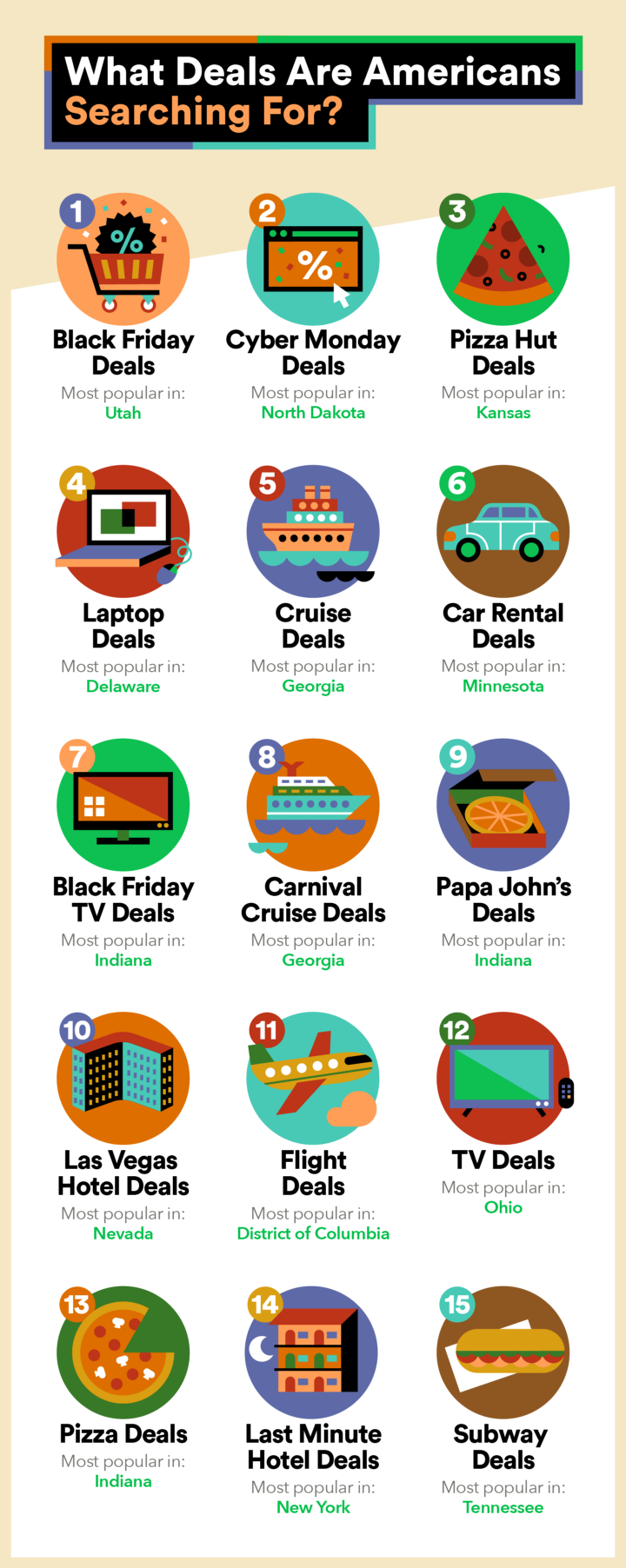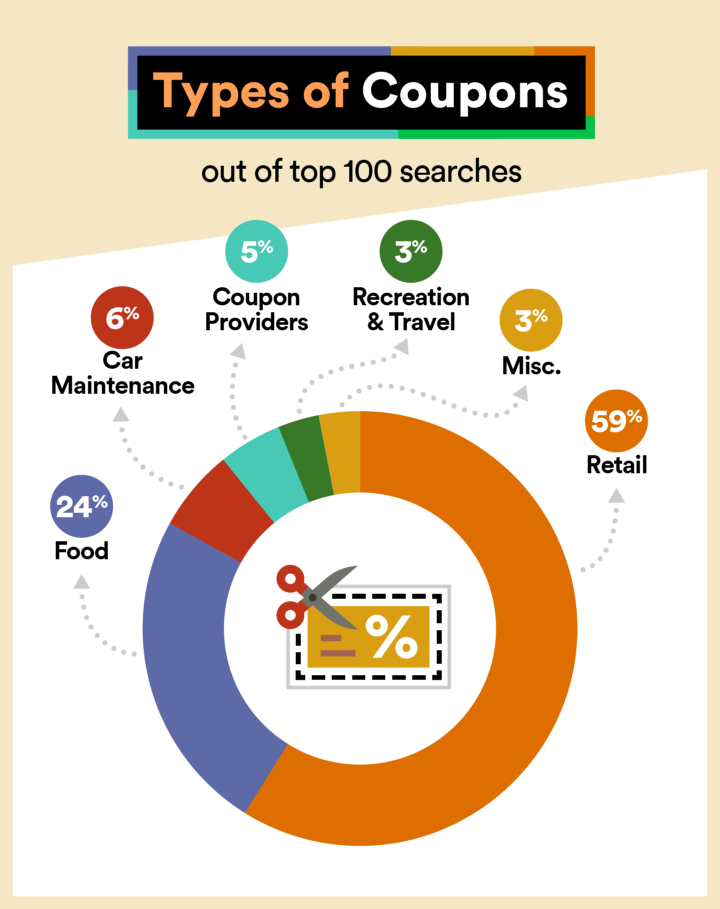A coupon is defined as a “voucher entitling the holder to a discount for a particular product.” In other words, it’s a piece of paper or code that reduces the cost of a specific item. A business can use coupons on virtually any transactional products. Some may even be able to incorporate discounts in subscription services.
When you think about it, a coupon is essentially free money for customers. Of course, it probably cost money to eventually earn or win the discount. In some cases, companies offer coupons on select items or shipping in order to entice consumers to buy. Used correctly, you can employ coupons to drive business and boost customer loyalty.
Coupons have a larger effect on consumers’ buying habits than you may expect. Almost half of consumers purchase sooner when offered a coupon. Over a third of customers buy something they don’t need, purchase more items than normal, or buy a more expensive product when they have a discount.
The irony lies in that 25% of consumers with coupons spend more money overall. The paradox of couponing is that people frequently justify spending more money by saving a little. Whereas without the coupon they would have spent less money altogether, but they wouldn’t have satisfied their material desire in the moment. This could mean big things for your business.
What Are the Benefits of Offering Coupons?
Coupons benefit business in a number of ways. In the short-term, coupons drive sales. In the long-term, coupons drive customer loyalty. Taken together, coupons have the ability to grow your business both in terms of revenue and customer acquisition.
There are several ways you can incorporate coupons into your business strategy, including:
- Go digital with your coupons. Whether it’s distributed via email, SMS messaging, in app, or directly through your company’s website, consumers will be more likely to make a purchase. About 53% of customers want all coupons to be digital, and emails containing coupons can inflate your revenue by almost half.
- Offer coupons through social media. Social media contests and giveaways are popular and can grow your followers and engagement. A shocking 71% of consumers said they have followed brands in order to get coupons.
- Grab customers’ attention. Send promotions and offers in real-time. Limited time is a great motivator for making a purchase. Let your audience know what’s going on right now and how long it’s going to last. Going hand in hand with this is updating deals regularly. Avoid letting your coupons get tired or old so that consumers are always intrigued and excited by your discounts.
- Personalize your offers. Personalization is also important when it comes to creating brand loyalty. Simply sending emojis in a promotional push notification can accomplish this. You can go a step further to offer birthday gifts and surprise rewards to positively affect brand loyalty.
- Offer the right deals. Offering the right deals can also be a large component of whether a customer is brand loyal. Types of popular deals include free or discounted shipping, rebates, holiday discounts, and automatic application of reward points.
What Deals and Coupons Are Americans Searching For?
Now that you know how offering coupons can benefit your business, you need to know what types of deals and coupons Americans want. In an effort to answer this question, Wikibuy compiled the top search terms around “coupons” and “deals” using SEMrush, and then analyzed the searches on Google Trends.
Leveraging that data, Wikibuy found that the deals with the most search volume year-round are:
- Black Friday deals
- Cyber Monday deals
- Pizza Hut deals
- Laptop deals
- Cruise deals

Additionally, Wikibuy found that the way Americans search for coupons vs. deals differs. Largely, Americans limit their “deals” searches to more general terms, such as “hotel deals” and “laptop deals.”
However, Americans were more specific when searching for coupons, which typically involve searching the name of the brand/retailer + “coupon.” In all, retail was the most sought-after type of coupon, followed by food coupons.
Credit: wikibuy.com
For your business, this means incorporating deals and coupons with an eye toward how Americans are searching. Understanding how Americans search for the best deal—and what they’re looking for—will help you understand how to use offers in your marketing strategy.
In the end, offering your consumers coupons is a win-win situation. The customer feels as though they’re getting more bang for their buck while you make a larger profit. Give your audience what they’re looking for, and they’ll return the favor by spending more money.
